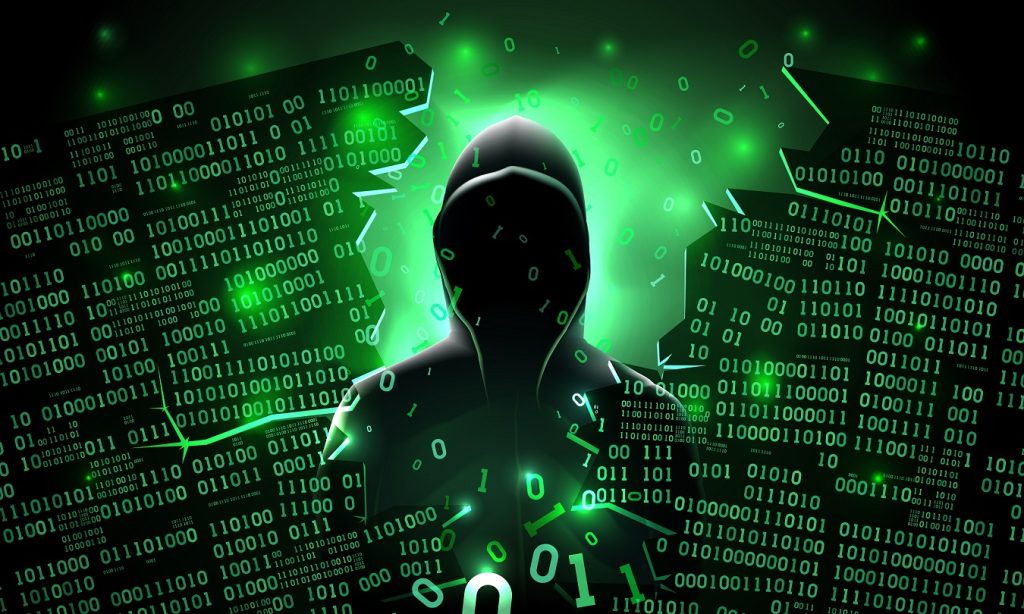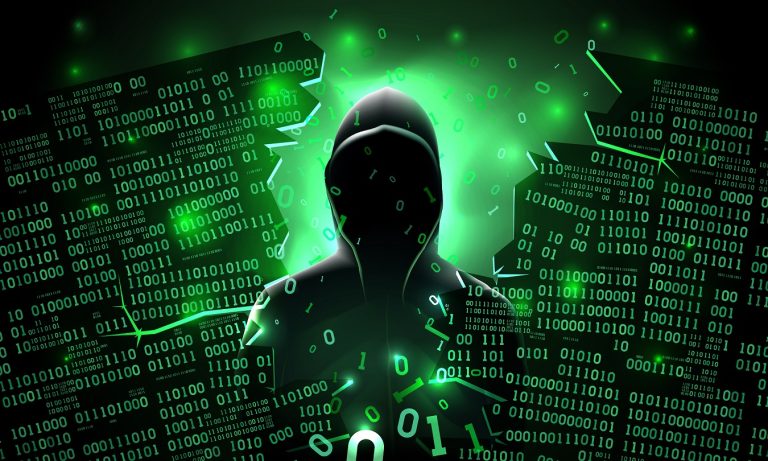In today’s digital-first world, cybersecurity is no longer just a concern for businesses – it’s essential for individuals too. From online banking and shopping to social media and remote work, we spend a huge part of our lives connected to the internet. Unfortunately, this also makes us vulnerable to hackers, scams, and identity theft. If you’re new to the concept of cybersecurity, this blog will serve as a beginner’s guide to protecting yourself online.

What is Cybersecurity?
Cybersecurity refers to the practice of protecting devices, networks, and data from unauthorized access, theft, and attacks. Simply put, it’s about keeping your personal information safe in a digital world.
Why is Cybersecurity Important?
Every day, millions of cyberattacks occur around the world. Hackers target individuals and businesses alike, stealing sensitive information like passwords, credit card details, and personal identities. Without basic cybersecurity measures, you could lose money, privacy, and even your reputation online.
Common Cyber Threats You Should Know
To stay safe, you first need to understand the most common online threats:
- Phishing Attacks – Fake emails or messages that trick you into giving away sensitive information.
- Malware – Harmful software (like viruses or spyware) that can damage your device or steal data.
- Ransomware – A type of malware that locks your files until you pay money to hackers.
- Identity Theft – When hackers steal your personal details to commit fraud.
- Public Wi-Fi Attacks – Hackers can intercept your data on unsecured networks.
Beginner-Friendly Cybersecurity Tips
1. Use Strong and Unique Passwords
Avoid using “123456” or “password” as your login credentials. Instead, create long, unique passwords for each account and use a password manager to keep track of them.
2. Enable Two-Factor Authentication (2FA)
2FA adds an extra layer of security by requiring both your password and a code sent to your phone or email. Even if hackers steal your password, they can’t access your account without the second step.
3. Keep Your Devices Updated
Regularly update your operating system, apps, and antivirus software. Updates often contain security patches that fix newly discovered vulnerabilities.
4. Be Careful on Public Wi-Fi
Free Wi-Fi in cafes or airports can be unsafe. If you must use it, avoid logging into sensitive accounts (like banking apps) and consider using a VPN (Virtual Private Network) for added protection.
5. Watch Out for Suspicious Links
Don’t click on links or download attachments from unknown senders. Always double-check email addresses and URLs before entering any personal information.
6. Backup Your Data
Keep regular backups of your important files using cloud storage or an external drive. This way, if your device is hacked or hit by ransomware, you won’t lose everything.
Cybersecurity for Social Media
Since social media is a big part of daily life, here are a few extra tips:
- Limit what you share publicly (like birthdays or locations).
- Adjust your privacy settings.
- Be cautious of friend requests from strangers.
Final Thoughts
Cybersecurity may sound complicated, but protecting yourself online doesn’t have to be. By following basic security practices like using strong passwords, enabling 2FA, and being cautious on public Wi-Fi, you can reduce the risk of falling victim to cyberattacks.
Remember, your digital safety is just as important as your physical safety. Start small, stay alert, and make cybersecurity a daily habit.
Also Check How Cloud Computing is helping Ultimate Businesses in 2025.
